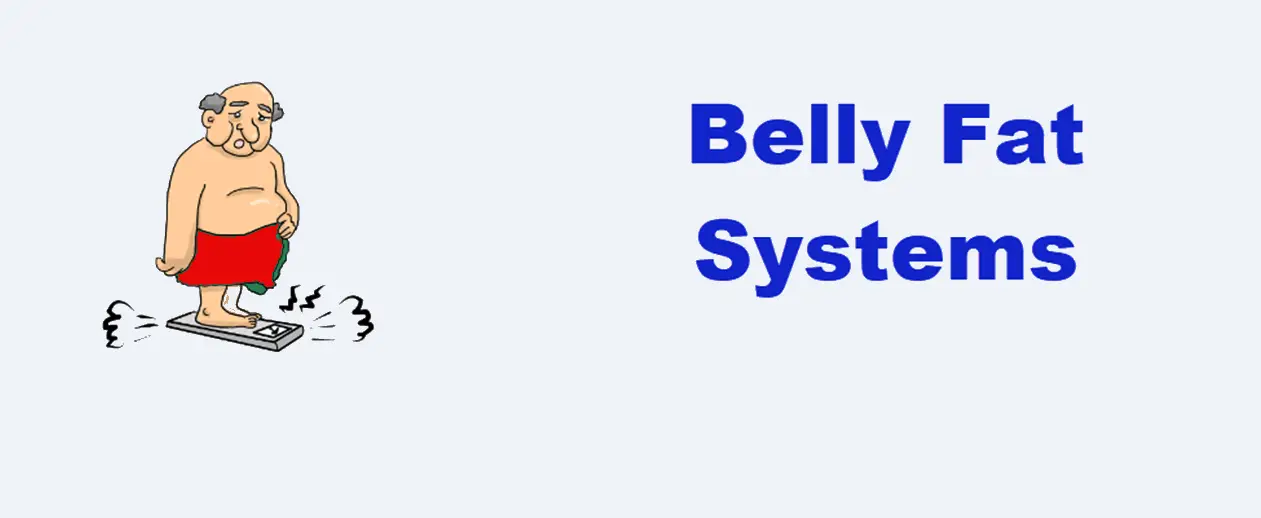Exercise and diet together are the best way to combat belly fat. Furthermore, drinking plenty of water may accelerate weight loss by flushing toxins from the body faster.
Improved posture can also help to reduce belly fat. Slumping over exaggerates abdominal features while standing up straight makes your waist appear smaller.
1. Eat a Healthy Diet
Losing belly fat requires eating a diet rich in whole grains, proteins and low-caloric carbohydrates – including plenty of fruit and vegetable options with plenty of fiber – that supports digestive efficiency. Fibrous foods also play an essential role in decreasing belly fat by suppressing appetite and speeding metabolism.
Avoid high-calorie beverages like soda, sports drinks and flavored coffee with added sugar and cream for the same hydration needs as water can help you cut back on calories while feeling more full while providing equal hydration levels.
Eating light dinners and not going to sleep on an empty stomach are also effective strategies for reducing belly fat and creating a flat belly in just one week without exerting physical labor.
High levels of belly fat have been linked with numerous health conditions, including diabetes, heart disease, high blood pressure and metabolic syndrome. Furthermore, it may lead to discomfort and pain in your joints. Belly fat is harder to shed because it accumulates deeper within the body’s tissues.

To effectively lose belly fat, it’s necessary to consume less than you burn through exercise or eating fewer calories each week. Aim for about one or two pounds lost per week as your goal.
These healthy tips will not only help to reduce belly fat but can also significantly boost your overall health. Make healthy habits part of your everyday life so you can see lasting results – for instance you could use a waist trainer to keep your belly slim while still avoiding gym workout routines!
2. Chew Your Food Well
Chewing food properly is key when it comes to losing belly fat. Most of the digestion process in terms of nutrient absorption takes place within your mouth before reaching your stomach – proper chewing helps decrease negative symptoms such as gas, bloating, and intestinal discomfort.
Chewing food properly also helps you feel full, which can prevent overeating and unhealthy snacking that makes losing belly fat harder. Focus on chewing each bite 10-20 times before swallowing it; for maximum enjoyment, enjoy dining together or at your own leisure to maximize flavor savoring!
Eat well throughout your day, especially prior to exercise. Skipping meals to work out later often results in hunger and overeating later on; to prevent this from happening again, consume a larger meal about three or four hours prior to working out for maximum energy during your session without feeling hungry during it.
Avoid foods that aren’t filling, like sodas, processed snack foods, white breads and pastas, candy and starches. Instead, consume more filling foods, such as watermelons, tomatoes, green leafy vegetables, yogurt fish and coffee to help burn belly fat while simultaneously satisfying hunger for longer. Doing this will aid you in burning off belly fat faster and keeping hunger at bay longer.
3. Avoid Sugary Drinks
Drinking soda or other sweet beverages occasionally shouldn’t be a major concern, but when made a part of daily life it can quickly add up in terms of calories consumed. Reducing your soda, sports drinks, iced teas with added sugars and flavored coffee consumption can help lower caloric intake overall and lead to weight loss in the form of mild weight reduction.
Keep in mind that breaking bad habits takes time; don’t expect instantaneous changes. Instead, set realistic goals, such as gradually decreasing sugar intake or replacing an unhealthy habit with something healthier like drinking green tea instead. For instance, if soda was once your go-to solution during midday slumps, try switching over to green tea as an uplifting choice instead.
Avoiding sugary drinks can also help alleviate stomach bloat. Swallowing air while eating can cause your belly to appear fuller; to prevent this from happening, chew food slowly and drink plenty of water while eating.
Eat high-protein foods to reduce belly fat, such as baked fish, chicken stew, soya chunks and lentils. These will give your body steady sources of energy without turning carbohydrates into fat storage. Eating your protein-rich meal at around the same time every day will boost metabolism and burn more fat efficiently. Also avoid alcohol as this will contribute to bloating; leaving a flatter and toned stomach perfect for wearing figure hugging dresses or silk sarees!
4. Eat a Light Dinner
Exercise and healthy diets are often effective ways of losing belly fat, but not everyone has time for daily gym sessions. For those who still wish to reduce their belly fat without dedicating as much energy or cost to intensive workouts at home, there are numerous low- or no-cost methods that may work more quickly and effectively than traditional approaches.
Many of these tips involve changing eating habits rather than exercising alone. A diet rich in fruits and vegetables, whole grains, lean meats, fish and low-fat dairy is vital in order to effectively lose belly fat and maintain a flat tummy. Implementing these changes into everyday life without incurring significant time commitment will eventually help naturally decrease belly fat over time.
Consider including healthier snacks into your daily routine as part of a holistic approach, in place of less healthy alternatives such as potato chips or chocolate bars. Instead, opt for carrots or roasted chickpeas which offer crunchy satisfaction instead. Limit post-dinner snacking in order to maximize digestion and help the body burn fat during restful sleep; and if you find yourself reaching for mindless or unhealthy food after dinner for whatever reason, such as to increase mental energy or to raise energy levels after feeling fatigued from physical exertion, take time to understand why that may be the case – whether or grabbing food will give a mental lift – to try to increase energy levels or both – in which cases to understand why that might be happening for you personally if that may be happening to you –
Make sure that you get enough sleep every night. Studies show that getting adequate rest helps people achieve healthy weight maintenance, including helping with the loss of stubborn belly fat. So be sure to go to bed early and set your alarm early so that you get at least seven hours of rest each night.
5. Avoid Going to Bed on an Empty Stomach
Reduce belly fat with healthy eating and chewing your food properly while limiting sugary beverages. Flattening out your stomach takes time; be patient as you follow through on your goals and stay patient! Incorporating exercise can also help – aim to lose one or two pounds per week of body fat which should result in the gradual loss of belly fat over time.
Although it can be tempting to go to bed on an empty stomach, this should be avoided for optimal health. Eating too soon before sleeping may cause acid reflux or digestive issues and potentially slow your metabolism leading to weight gain.
If you find yourself hungry at night, a light and easy-to-digest snack such as cottage cheese with fresh berries could provide your body with all the nutrition it requires while helping facilitate easier sleeping patterns.
Some people choose not to eat before sleeping due to religious or nutritional considerations, or spiritual convictions; however, eating on an empty stomach is not good for your health or weight; it may lead to overeating later and health complications; it can slow your metabolism leading to hunger pangs sooner and poor quality sleep; plus heartburn, indigestion or other digestive issues may arise as a result. For this reason it is recommended to have a light snack three or four hours prior to going to sleep in order to avoid this scenario. To do this it is best advised that at least three or four hours prior.





